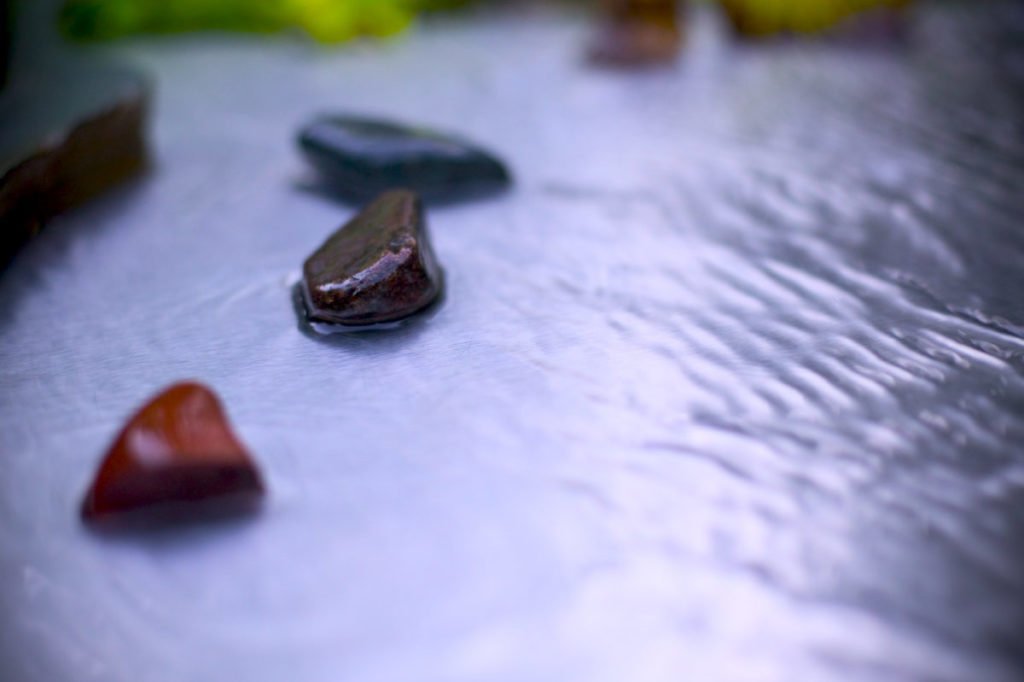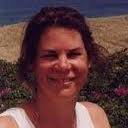Absolutely unmixed attention is prayer.
Simone Weil
Love is not merely an emotion. It is a meltdown that reestablishes a more unified space of brilliance, goodness, and sadness. This is the real function of love in spiritual tradition.
Lama Lodro Dorje
Last week, the week before my last semester of university teaching (online, in an unprecedented pandemic), I had the most extraordinary experience with a stranger that I have ever had in my long life.
I was nervous as always about the semester starting, but extra nervous because of what that last full-time teaching semester means: no longer being able to work full-time, being plunged into terrifying poverty, leaving my beloved students, colleagues and institution, etc.
Two days before our first department meeting, I clicked a link on a newsletter I subscribe to, a link about the need to be socially engaged—and I listened to a Zen Abbot talk.
She talked about gratitude, her birthday, her broken toe, about how nothing is hidden, about what is given. I kept listening. YouTube video after YouTube video—I listened all of Monday night and Tuesday and Wednesday morning before the faculty meeting. I resumed listening all of Wednesday afternoon and night, all of Thursday, until I could not absorb anymore.
I often focus on something: In elementary school it was the country of Brazil (a thirty-six page report, in response to which my third-grade teacher said I should become “ambassador to Brazil;”) in the sixth grade the synapses of the brain; in college—what happens chemically in the brain and eyes during dream sleep, (in response to which my chemistry professor, bless his heart, suggested I change my major to chemistry and become a research chemist;) after graduate school the focus switched to other writers—on New Year’s Day 1985, after reading The Names, I read all of Don DeLillo’s out-of-print novels, then searched the university library attic stacks for his Rolling Stone article on the Kennedy assassination (bumping my head on the pipes dangling from wires on the ceiling). To which DeLillo, the dear man, responded: “I have been feeling, lately, as if someone has been spying on me; now I know that it was you.”)
This was, I assumed, another such journey of discovery, in the technical age, in a pandemic, as I transition out of full-time teaching. There was something in this Zen Abbot’s voice, in her ideas, in her information, her thoughts, that I assumed I wanted or needed for myself at this moment.
In this moment.
I knew nothing about what she did as a Zen Abbot of a Zen Center now, or had done as a Zen teacher, author, political activist or anthropologist in the past. I only knew that she was abbot of a Zen Center whose newsletter I subscribed to. A close friend of mine had mentioned her in an Instagram post as one of the Zen teachers he admired. Since he was searching for a chaplaincy training program, and I wanted him to earn his chaplaincy degree at her Center, I had subscribed to their newsletter.
Then, a miraculous thing happened. I woke up, as I always do, with my morning despair/terror/panic, my heart pounding, my adrenaline rushing to my toes and fingertips and up into my chest, throat and head. This usually lasts three to five hours in the morning, until around 11 a.m. But this morning, instead of getting up and telling myself to hold on, it would pass in a few hours—I reached for my cell phone, clicked on her forest meditation, and listened.
I shut my eyes and listened. My panic, (which I’ve had now for seventeen years) miraculously, dissipated, then subsided altogether after a few minutes. I kept listening, over and over, to this ten-minute video, as I fed the cat, showered, dressed, stretched out my sore back and tight legs, drank a protein shake, and began the work of finishing class preparation for the upcoming semester.
The next day, I did the same thing, and the next, and the next,—for the last ten days. The response—my despair/panic/terror subsiding then vanishing within a few minutes—is always the same. It does not return. I have been freed of this suffering, that no amount of tai chi, meditation, mantras, affirmations, chanting, tai quon do, organic meals, Tulsi tea, weekly deep- tissue massage or daily exercise has been able to cure.
What an enormous gift. I have never been so grateful or moved by a gift another person has given me, and this—a stranger. The only comparable gifts I can think of now are gifts of care, value, respect and love from those who knew me, either professionally or personally:
- My University of California Santa Cruz psychology professor, arranged for me to take my senior year of studies in Paris, instead of junior year abroad, which I’d missed.
- Also my Junior year of college, after sitting in a financial aid line for an entire day, the financial aid office told me my honorary UC Regents Scholarship would pay for the other half of my college. Since my father could afford to, but would not, pay, this was an amazing exception.
- My stepmother, sat down next to me on my bed, where I was crying, took the stuffed toy bear (four-feet tall) out of my arms, and held me herself, trying to comfort me. I was probably twelve or thirteen. My mother had just died. The household was beyond chaotic and stressful as the result of intense conflict between the step-parents and siblings in the two merging families. My father had just told me I could not see the one person, whom I loved, and who took that pain away. I was inconsolable; nothing would ever be right again, or so I believed.
So, I wrote (unskillfully) and thanked this Zen Abbot. (She graciously acknowledged my email). Then I wrote down my thoughts.
Then I found out all that this Zen Abbot/teacher /author/ anthropologist does for people: mounts and teaches in programs and chaplaincy training at the Zen Center, provides programs to the local and online the communities and in Tibet to help people in the world, engages in political activism around climate change and other issues—again to help people in the world, and helps the medical profession manage Empathic Distress—so crucial and relevant now, in this pandemicized world.
All the while, I kept wondering: How does one repay such an enormous gift? Taking away someone’s daily terror, despair and panic of seventeen years—how does one repay this?
I don’t have a clear answer. I’ve always tried to help others—students, friends. I’ve always tried to express my gratitude and love in words and gestures, when I could. Any donation I would or did make seems ludicrous and paltry, almost an insult, in the face of such a radically transformative gift. I will keep trying to repay this gift, but I fear that this time, whatever I attempt—it is simply not enough.
As I go through this second week, I begin to catch a glimpse of what will be the long-ranging reverberations of being relieved of this suffering: I once again feel confidence, the ability to interact with others in a more positive way, and the true deep joy I once had.


Share this post with your friends.

